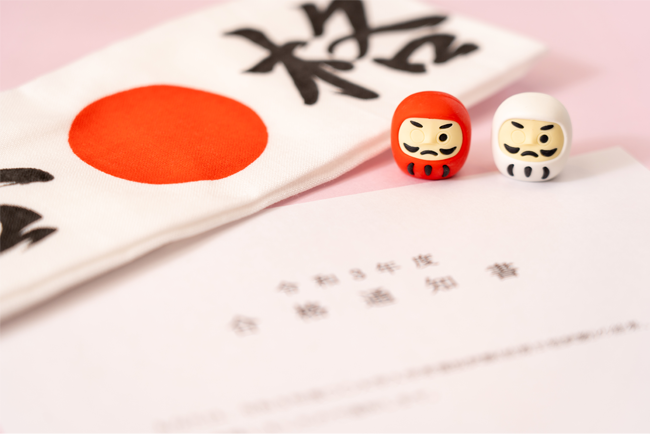The second common test for university admission (hereinafter referred to as the common test) suffered from serious troubles such as fraudulent acts and injuries.In addition, the average score will be down in each subject, and will be Mathematics I / A-2 points, Mathematics II / B-19.7 points, Japanese-16.9 points, Japanese history B-7.3 points, Chemistry-11.5 points, Biology-10.0 points. It was a severe result for the examinees.Even so, the number of applicants increased at difficult universities such as Tokyo University and Kyoto University, and the bullish applications of the examinees were conspicuous.In addition, the number of applicants increased at Waseda University, Keio University, Doshisha University, Ritsumeikan University, etc., and bullish applications to difficult universities were seen even in private university entrance examinations.At this stage, the number of successful applicants for all entrance exams has not been determined, so here we will give an overview of the trends in the 23.8 entrance exams based on the trends in the number of applicants.

The total number of applicants at both national and public universities and private universities exceeded the previous year's level.
The number of applicants for national and public universities has already been confirmed, and the trends of applicants for private universities are becoming apparent to some extent.Looking at the aggregated data published on Kawai Juku's university entrance examination information site Kei-Net, despite the fact that the actual number of university applicants is decreasing due to the decrease in the number of examinees, both national and private universities are overall. The number of applicants is positive compared to the previous year.The national and public university first half schedule is 100% (year-on-year, same below), the second half schedule is 102%, and the middle schedule is 108% (as of March 3).Private universities have 8% of general methods, 102% of common test usage methods, and 101% of the total (as of March 102).
On the other hand, the total number of applicants for private universities has increased by about 50 as a whole, partly due to the reaction to the decrease of nearly 5 last year.However, the number of applicants is increasing mainly in the general method, and the method using the common test is only slightly increasing.Since the average score of the common test has dropped, in the private university common test usage method where you can apply after self-scoring, if the examinee's score does not reach the expected borderline, it seems that there were many cases where the application was postponed.The main reason is that the number of applicants for the common test use method is decreasing at private universities.
Kawaijuku Kei-Net 2022 Entrance Examination Information
https://www.keinet.ne.jp/exam/future/
Popular undergraduate systems, national and public universities are "agriculture" and "medicine", and private universities are "law", "science", "engineering" and "medicine".
Looking at the popularity of the undergraduate system from the increase and decrease in the number of applicants, the growth of agriculture and pharmacy is conspicuous at national and public universities.The number of applicants for law was expected to increase, but it decreased unexpectedly.It is probable that due to the decrease in the average score of mathematics in the common test, the aspirations were changed from the law system to other faculties.In particular, the Faculty of Law of the National University of Difficulty is subject to mathematics in a common test and has a high borderline, so it seems that it was directly affected by the average score down.The pharmacy system is the application situation as initially expected.The number of applicants for agriculture is increasing in the entire faculty system including veterinarians.Agricultural science has been declining in popularity over the past few years, and the ratio has been declining, so it seems that there was a reaction to that.

At private universities, the law system has become as popular as expected.The number of applicants for science and engineering is also increasing.The science and engineering system has been popular for several years in combination with the popularity of information systems, but it can also be said that the application status of Kinki University and Chiba Institute of Technology, which has greatly increased the number of applicants, has also had an effect.The Faculty of Pharmacy is as popular as the national and public universities.Even in advance, it was expected that the pharmacy system would continue to be highly popular, as it was last year.
On the other hand, the unpopular undergraduate system, where the number of applicants is decreasing, is the humanities and humanities.Continuing from last year, at this stage, the rate of decrease in foreign languages is the highest and the number of decrease is also large in the humanities and social sciences as a whole (so to speak, in the humanities as a whole).As a result, many private foreign language universities have significantly reduced the number of applicants.Many universities in Corona are resuming study abroad, and some have already resumed study abroad, but the information may not be fully communicated to the examinees.
- 1
- 2
